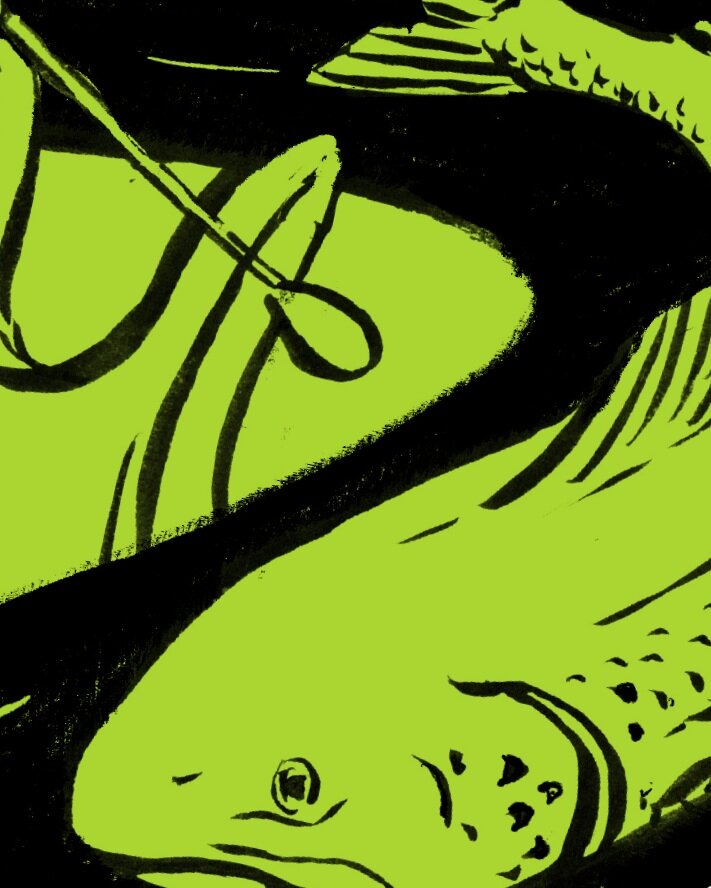avoid plastic
especially the single use disposable kind
Single-use plastic is one of our worst legacies as humans. Scientists have predicted that there will be more plastic than fish in our oceans by 2050. What was celebrated following its introduction in the 1960s as a miracle product due to its durability is now one of our biggest nightmares. It is tragically ironic that single-use disposable products are made out of materials that last for a very long time in our environment (including fossil fuels, like petroleum). A plastic bag for example is used on average for 12 minutes; it is then discarded and takes more than 500 years to decompose. In our ecosystems, baby fish and birds mistake plastic for food; they choke on it and die.
In addition, plastic breaks down into microscopic particles, also called microplastics. These microplastics leach from plastic products (think of plastic bottles left in the sun; plastic food containers that are heated up in the microwave; etc.) and collect in our bodies. We still don’t know what the health effects of these microplastics are. One study has found a link between microplastics and the disruption of immune system function and neurotoxicity, and there could be more problems. Let’s not wait to find out!
Of course, like with everything else, you can make a difference. Read about what you can do!
educate yourself
Watch documentaries:
Read up: 10 facts about single-use plastic.
Watch this two-minute trailer explaining the plastic problem.
GET ACTIVE!
Avoid single-use and disposable plastic products. Refuse single-use plastic items wherever and whenever possible!
Carry your own shopping bags. Most shops sell cloth bags or reusable plastic bags.
Stop using plastic straws and bottles.
Buy reusable bamboo, metal or silicone plastic straws (available online)
Carry your own water bottle.
Use glass, copper or metal bottles to avoid plastic leaching into your water.
If you eat out often, carry your own cutlery and coffee mug.
You can buy stylish reusable bamboo coffee mugs and bamboo cutlery, and camping stores also sell reusable mugs
Don’t buy things you don’t need. It may be tempting to load up on cheap items when you visit a store with mass-produced products from around the world, but remember that these things will not last long and will need to enter the overburdened waste stream.
Separate your plastic trash if your neighbourhood offers plastic recycling.
Avoid bioplastics (plastic materials produced from renewable biomass sources). Bioplastics still contribute to ocean pollution, use precious land and water that is then diverted from food production, are not easy to compost at home, and require industrial composters to break them down. Plus, if they get mixed up with regular plastic during the recycling process it makes the entire batch of plastic unrecyclable.
Don’t leave plastic trash behind. It sounds obvious, but a walk through a beautiful park in Amsterdam (or any other city) on a summer day will make your eyes sore from all the plastic trash strewn around.




